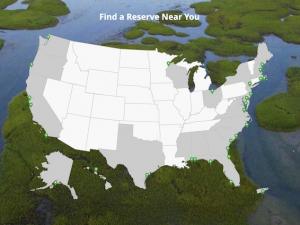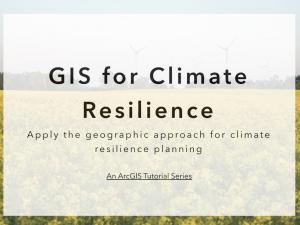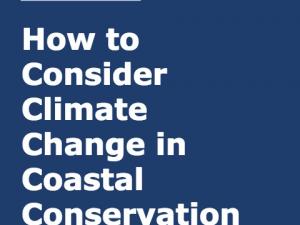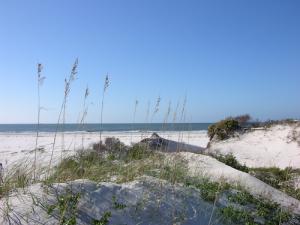The training courses here can help you acquire the tools, skills, and knowledge you need to manage your climate-related risks and opportunities. All courses are free of charge, and are offered in at least one of three formats: online audio-visual presentations ("Online, Self-Guided" and "Tool Tutorial"), training webinars ("Online, Scheduled Lecture Series"), and residence training courses ("Onsite, Instructor-Led"). Each training module is accompanied with a test to help you evaluate your knowledge. These courses feature scientific information adapted from authoritative sources, prepared by recognized subject matter experts. The courses have been pilot tested with users and other subject matter experts and may be updated periodically, as needed.







